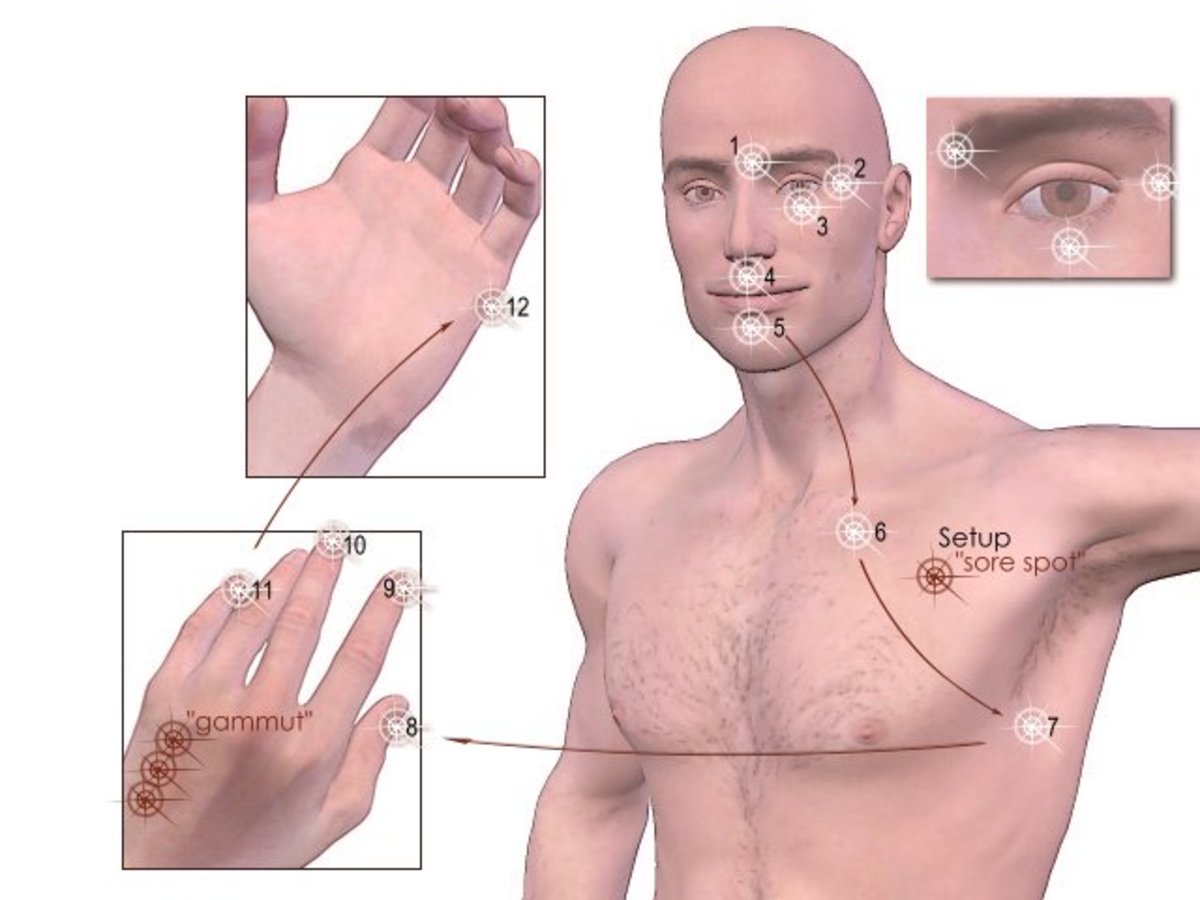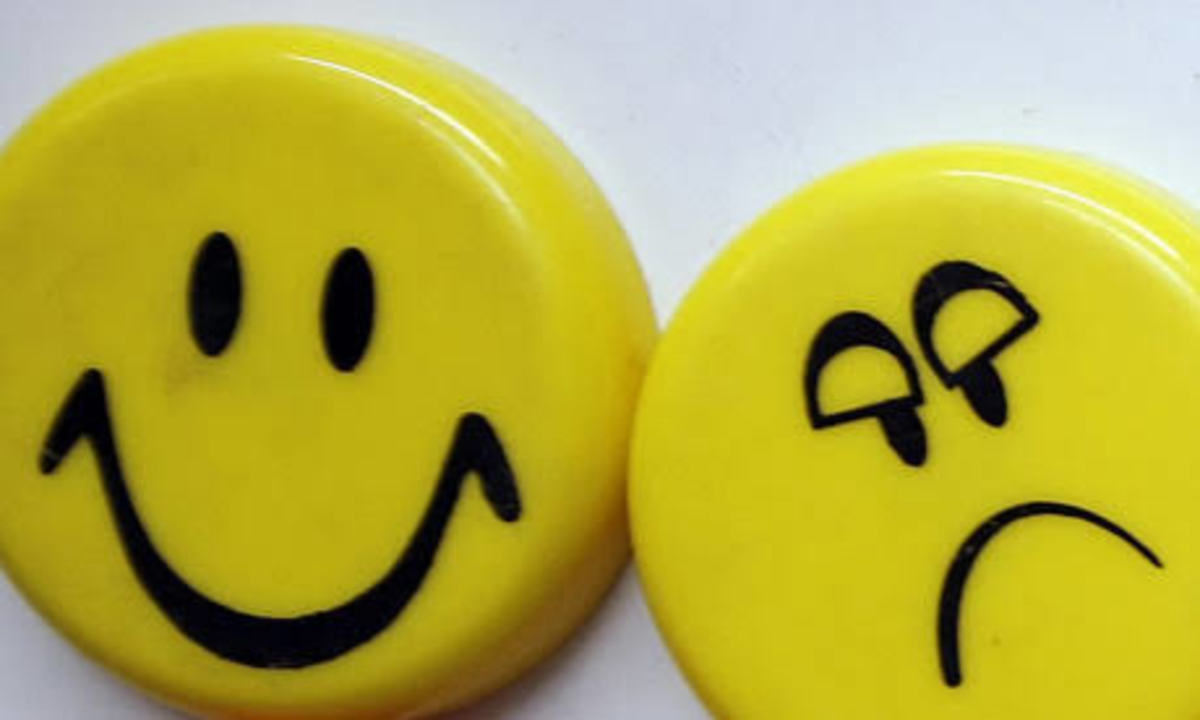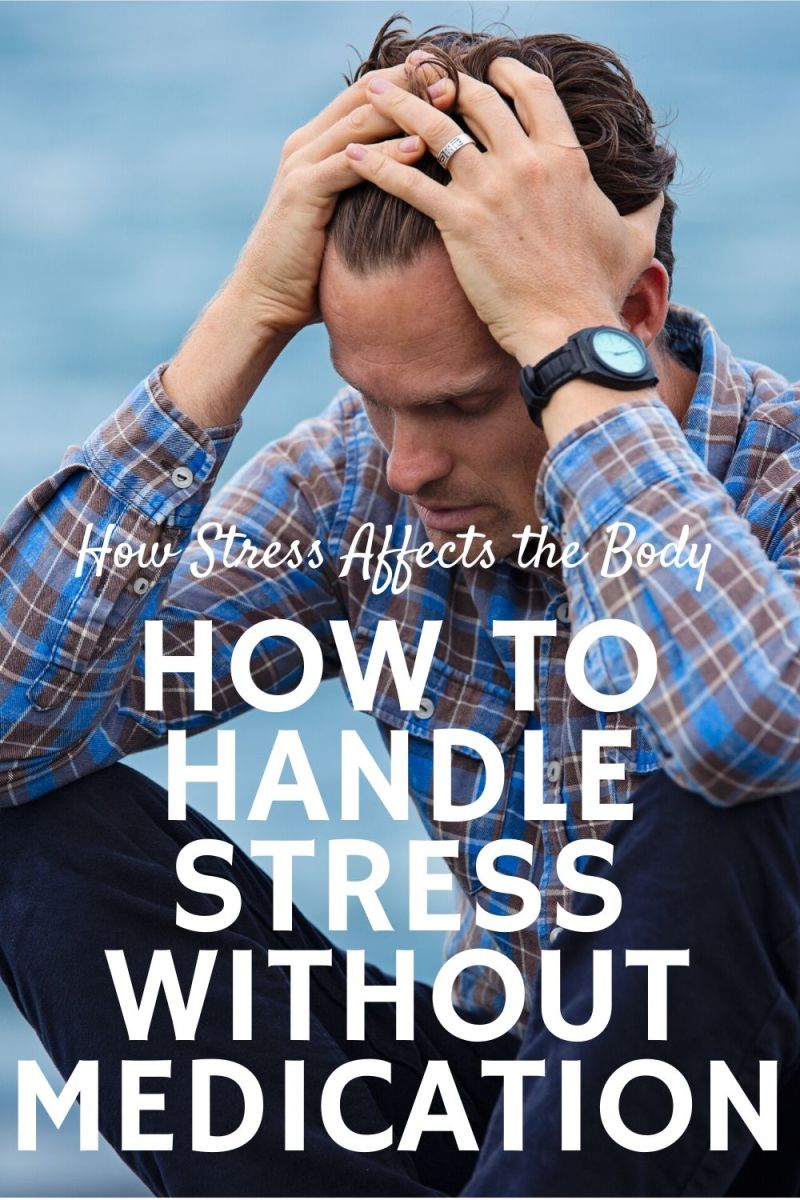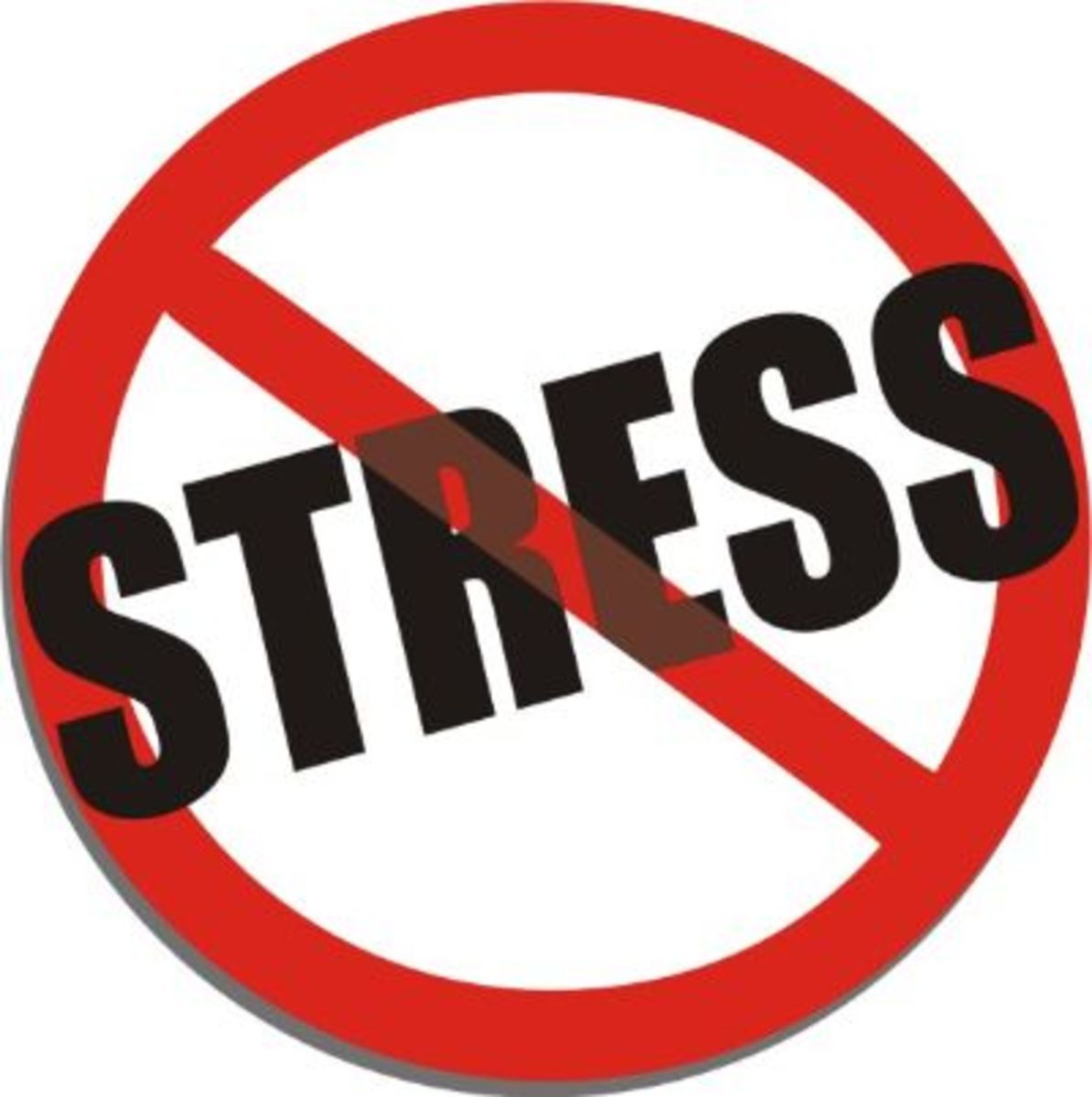Emotions and Stress

Healing Emotions
What is health?
Health is the state of balance and equilibrium in the body; it is that great feeling of happiness and fulfillment that gives an ability to explore the life in all its beauty.
Health means much more than not being sick. Good health is not just as absence of symptoms - it is a process where a person is fully involved. It is a life long process of discovery and looking for the ways to strengthen the body, the mind, positive emotions and the spirit to achieve optimal well-being. We are responsible to control our thinking patterns to make them work for us by inducing the positive emotions, rather than working against us by inducing undesired and negative emotions.
Our attitude is the key. How we choose to view what is happening to us and around us is crucial. Thanks to the fact that the major group of people liable to the negative emotions are young or middle aged, and their physical health is still relatively stable, changes of life style and thinking patterns brings the metamorphosis of psychosomatic damages.
When we take life as it comes, with pace and tolerance, when we feel calm and think positive, when we simplify our lives we allow our body itself to take care and to readjust its health.
The word "emotion" arrives from the Latin word emovere, which means to agitate, to affect.
Thanks to the emotions we are not like mechanisms; emotions make us human, and provoke our reaction and our acting in every situation. Our emotions can be positive and pleasant or negative and painful.
The emotions play a crucial role in the health of the physical body.
What are Emotions?
Emotions are Stressors
Emotions are expressions of our thoughts manifested in the body; emotions are controlled by our thoughts.
The very route to our wellness lies in our emotional and mental beliefs. Thinking really can kill us. No thought is free of emotional implications, and how we perceive what happens to us will determine whether these emotions will be stored and registered in the physical body.
According to the 'stress father' Hans Selye, any stressor, imagined or real, can cause the same range of reactions in our body.
For us our emotions act as stressor. They influence the body via two kinds of mechanisms: the nervous system and the circulatory system. There is now wide evidence that prolonged stress is a key indicator for potential illness and disease.
Science behind Emotions
The science, which studies the link between the mind and body, is called psychosomatic medicine. Clinical studies have confirmed that the psychological and emotional state of a person influences the bodily processes, for a better or for worse, by stimulating or suppressing immune cell activity, adrenal gland hormones, and neurotransmitters.
The emotions cause both, subjective and objective changes in the body. The subjective component is that our emotional trial, which is not possible objectively, estimate or measure. The objective component is possible to estimate, and it is composed for the body's vegetative reactions and their somatic manifestations. Every emotion is always followed by range of vegetative and somatic reactions the body's physical response.
Our body's vegetative reactions, which we know as the "fight or flight" response stimulates the sympathetic nervous system, triggering several different physical responses: chest pain, headaches, heart palpitations, irritability, muscular tension and joint pain, upset stomach, sweating and shortness of breath.
Stress and Health
Prolonged stress affects our health, but the effects are not always seen immediately. Genetic factors and the lifestyle of the person determine how long one can continue to make repeated withdrawals against the energy reserves and still maintain good health.
Although we all are individuals and react to the stress in our own way and the adverse effects of stress are different, there are some general consequences: in the response reaction all body systems are involved; disease or symptom caused by short-term stress can lead to more dangerous damage in case of long term stress; person with chronic illness are more sensitive to stress and the effects caused by their stress are more deep and wide.
Chronically high stress hormone level leads to various negative effects. Some very important functions that keep the body healthy begin to shut down, which manifests in multiple diseases. Chronic stress symptoms affect all body systems.
Stress weakens the immune system. This damage can manifest in such vulgar infections as flu and colds, the more serious ones as systemic disease (rheumatoid arthritis, psoriasis, eczema and herpes), as well as malignant cell changes and cancer.
The cardiovascular system responds to the chronic stress with hypertension, atherosclerosis, angina pectoris, stroke, heart attack and myocardial infarction. The person who suffers from never-ending negative emotions such as anger and worries suffer from migraines, others from sleeping disorders and deprivation.
Eating disorders caused by stress lead to obesity, atherosclerosis and second or adult type diabetes. The permanent stay in the stressful situation weakens the muscular and bone mass; which can cause tension in skeletal muscles and joints, leading to backache and muscular aches and pains. In general stress can lead to loss of memory and also contribute in depressing of reproductive system, tissue degeneration and acceleration of aging process.
Unreleased Emotions
Danger of Stress Emotions
It is very import to release our emotions, express them, especially those negative ones.
This is where the benefit of using stress management techniques comes in.
Research verifies that our unexpressed emotions manifests in our diseases. If we are permanently under stress, which is caused by negative emotions, we have to be aware that our body systems will be seriously damaged.
The human body is not built up to stay permanently in an alarm state. The body systems need time to recover, need time to get back in balance.
In the situation of chronic stress this is not possible and the body goes into exhaustion stage: we become less able to resist new stressors, and your body has more difficulty returning to homeostasis. If the negative emotions become our 'daily bread', adrenal glands keep secreting corticoids, which inhibit digestion, reproduction, growth, tissue repair and the responses of the immune and inflammatory systems.
How to Heal Emotions
Optimist vs Pessimist
The good news is that if we damage our health with negative emotions we can heal it with positive ones.Numerous studies have shown that patients who are optimistic recover faster with fewer medical complications than patients who are pessimistic. The human body has some ability to heal itself. The body's biological systems have ability to stay on the comparative unchangeable composition and to functions without change.
This is why the complementary medicine methods are highly effective - practicing them we simply mobilize the bodies' own resources. We are responsible for our own health.










